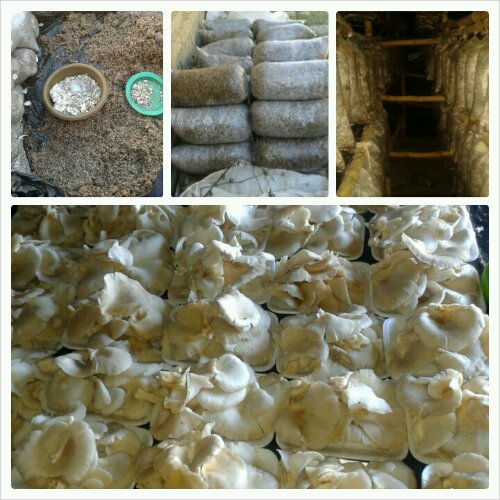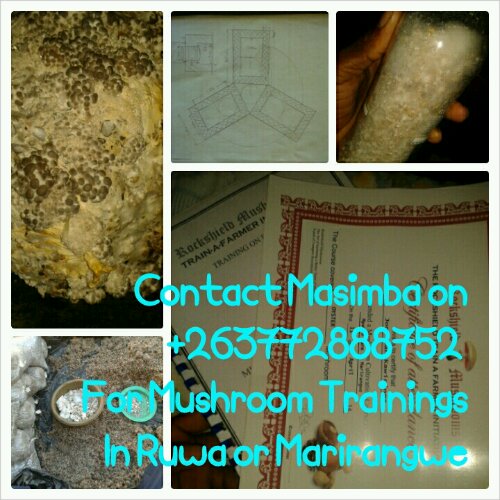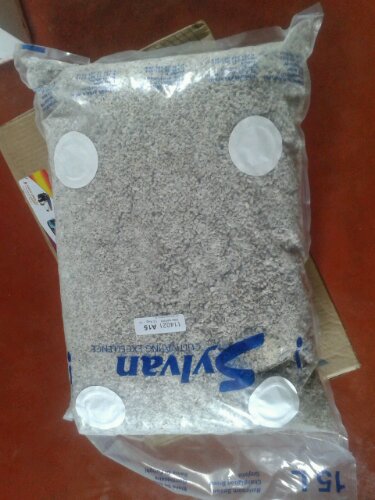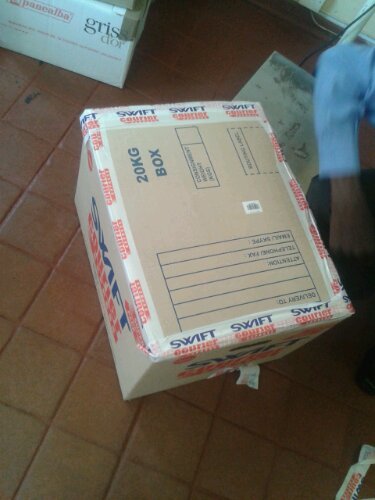In the time that I have been both an entrepreneur and a life coach for a select number of mushroom growers, I have experienced or come across various configurations of the mushroom project. In the first part of this topic I wrote about The Cooperative. Today I will write on the partnership.
A definition
According to Wikipedia, a partnership is an arrangement where parties agree to cooperate
to advance their mutual interests.
Most people I meet either are proposing that we partner in a venture, or better still have already partnered a friend to get a mushroom business started. These are well meant overtures that in my opinion are as poorly thought out as their spontaneity may reveal. It is true that friends may be well connected and have good cultural fit to form a sustainable business but there are a lot more issues to consider. Below I will put up a few pointers that anyone who is keen to form a partnership might want to consider
1. Cultural fit
I have turned down business partnership overtures from a number of people after failing to find cultural fit. The other person is a drinker while I am not, the other person is arrogant, and I am humble, the other person is bossy and I am not. List goes on. As much as you may find other commonality points if you can’t find cultural fit, let it go. Cultural fit has everything to do with how things are going to be done. Unlike a social friendship in which there are not going to be many pressures to bear, in business there are going to be serious roles and constant arguments in shaping up or stepping out, these need personalities that compliment each other culturally.
2. Complimentary attributes
As much as possible, partner with a person who is not too similar in attributes to yourself. There is not much of apoint in partnering with someone who is as broke in ideas and resources as you are. As well don’t partner a person who is as successful in the same area as you are. If you are technical, better find a financial pro. If you are good at marketing, find an operations pro and so on and so forth. Being pros in one area most likely creates an environment for regular conflicts in how to do certain things. If cultural fit is bad, this partnership will not survive these areas for potential conflict.
3. Let your meeting up be spontaneous
The best places to make partnerships are typically absurd. I have seen more partnerships being brokered in internet cafes in the past four years. This has since become less so due to mobile internet. Other places may include social spots eg golf play outs, social and community clubs etc. These social points allow interaction that is random on topics that are broad. It’s much easier to pick out a person’s attributes during a social event, than during a business meeting. . The internet cafe made ease of this, as continual meet ups always made for curiosity on what the other guy was up to.
4. Partner a worker
As such given the right setting, a person should ideally find a partner who exudes confidence and is a worker not a shirker. Some partnerships start off well, with great ideas of how to turn a key opportunity into a lucrative business, but talk is cheap. As a business goes through evolution from inception, ideally all partners should be equally up to task when there are challenges either financially or otherwise. However if you pair yourself with a shirker, you are likely to be left with the donkeywork when the going gets tough.
5. Find a good communicator
Work is unlike a social event as much as it may be a key component of the social existence. Most times there are pressures to do with meeting certain deadlines. In mushroom enterprise everyday has its deadline. These deadlines need teamwork to be met. A poor communicator as a partner will overlook the information to be shared and when to share it, with disastrous consequences.
6. Share roles
Any piece of work needs defined roles to cut out conflict. Either split roles into two major clusters for permanent handling by the parties coming together, or interchange key areas of influence and responsibility. Ideally a person’s key attributes should determine whether he will handle the logistics/operations/marketing/financial roles of the project, and this process should be well communicated and thought out. Try as best possible to cut out group think.
7. Manage your social relations
In most partnerships spouses do not have defined roles, and that whole issue is left shady. If either partner ever is incapacitated to continue what role does his/her spouse assume in the state of affairs? Is it correct to have spouses come in as employees in the business? Ideally the extra relations should not be allowed to have a daily bearing on the partnership however clauses should be included on the articles of association on how spouses and children can assume their representative partner’s role in the case of death or accident. In some partnerships I know, the other partner is always on the lookout for an opportunity to sideline the other party. Lawyers can assist best in clearing the air as much as possible.
8 Draft an articles of association
Lay out in no ambiguous terms what it is you are both assuming, and let all risk management issues be handled directly or in attached schedule format to the articles, laying out the succinct points. Ideally find a lawyer to assist whilst you already have a clear idea between yourselves of what issues need clarity.
Mushroom Cultivation has a high level of complexity. Starting out a typical project without clarity of roles and responsibility makes for suspicion and eventual dissociation. Upon acquiring training, ideally get trained concurrently or rope in a mutually agreeable consultant. Communication on strategic decisions like substrate selection, spawn source, process and employment should be constantly shared. As well in the cases where sales are executed by one party, let all key clients info be shared, and let there be weekly or daily reviews of the sales action.
Lastly be very clear that what you have is a partnership not a sharecropping arrangement. Most cases the financially endowed party always wants to muscle out the technical partner into a corner. Let all contributions be appropriately valued at inception.
Other relevant articles on partnership
1. Wall Street Journal
2. Sitepoint
3. Sample Partnership agreement from smallbusinessnotes.com
Masimba writes in his personal capacity. He can be reached on
Cell/WhatsApp: +263772888752
Skype: mmpahlo
Email: rockshieldmasimba@gmail.com
Twitter: @mbmpahlo
Twitter hashtags: #mushroomstartups2013, #kurimahohwa2013, #mushprenuer
Facebook: Mushroom Growers Zimbabwe




